Brazilian music group Choro Das 3 performed a free concert on May 9 at The Roadhouse, a community-focused performance venue located across from Angle Lake station in SeaTac.
Choro Das 3, meaning “the cry of the three,” dedicates itself to Brazilian instrumental music based on Choro, a genre that emerged in Brazil during the nineteenth century. Formed in 2002, the group consists of three sisters: Corina, who plays the flute, Lia, on the 7-string guitar, and Elisa, on the mandolin, clarinet, banjo, accordion, and piano.
For 19 years of performances, the girls were accompanied by their father, Eduardo, who played the tambourine and percussion with the group. In 2021, Eduardo passed away as a victim of Covid-19. “In 2022, we completed 20 years of career, and we never imagined that this date, which should be so joyful, would arrive without the person most important to our success being here to celebrate this journey,” states Choro Das 3.
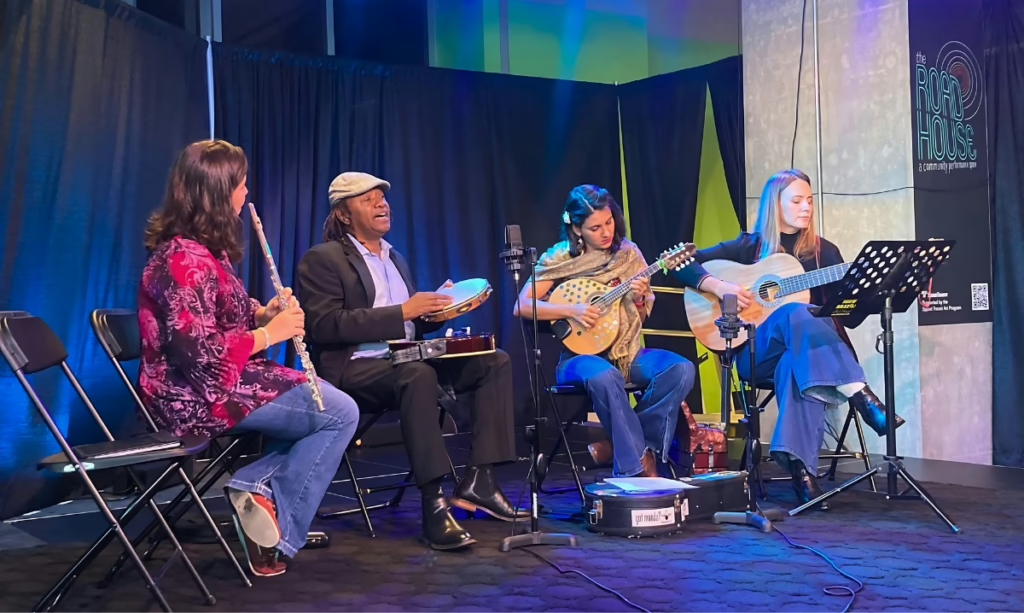
“Continuing without Dad was very painful. For months I couldn’t even listen to music, much less play. Our bonds were extremely strong and this break came too soon,” says Corina, explaining that what resurfaced the group was the affection of their fans. “It was seeing that through our music, we make a difference in the daily lives of thousands of people.” Today, the girls are back in the music scene and say that every note they play is a tribute to their father.
As one of their last stops on their current tour of the USA, their first tour after the Covid-19 pandemic, the concert gathered the Brazilian community as well as local Seattleites—connecting cultures through their touching Choro music.
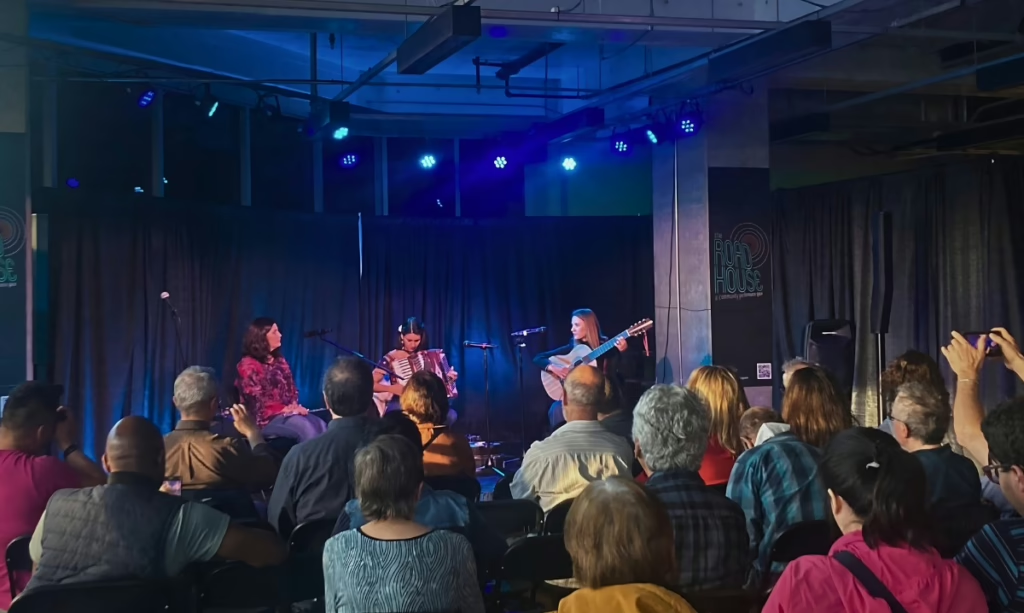
During the show, guest musician Eduardo Mendonça joined them on stage for a performance of “Marinheiro Só,” a very traditional Brazilian folk song, translating to “The Lonely Sailor.” By the end of the song, the audience sang along to its catchy chorus in unison, proving that music truly cuts across cultural and linguistic barriers.
Choro das 3 also performed “Carinhoso,” written by Brazilian musician Pixinguinha, in 1917, which was nominated as one of the “Brazilian Songs of the Century” in 1997, and its melody still echoes in the hearts of Brazilians all over the world, over a hundred years after its release.
One of their favorite aspects of touring abroad is traveling by land in a Motorhome, which allows them to visit remote places and very small towns. There, they bring the richness of Brazilian music to audiences who may have never heard of it before but commonly seem to fall in love with it after performances, says Corina.
The concert finished with a brilliant and impressive instrumental performance of “Aquarela do Brasil,” which immediately pierced through my own heart, and brought me back to my childhood in the countryside of Brazil, in a town coincidentally very close to where Choro Das 3 is based, Porto Feliz.
Choro Das 3 now prepares for their next concerts in the United States, performing in Minneapolis on May 23, and Chicago on May 29.
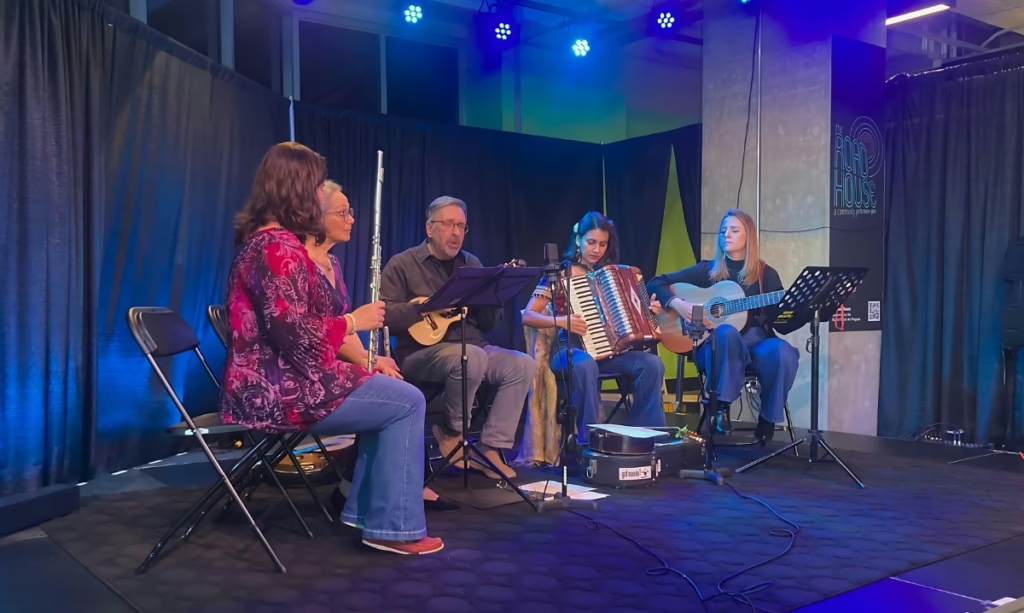
The group also hosts weekly live-streamed performances on their YouTube channel every Thursday at 5 p.m. local time, or 9 p.m. in São Paulo. On their channel, you can also check out past concerts, rich original discography, and a glimpse into their travels and daily lives.

Sophia is an internationally published author with her book Primeira Pessoa, as well as a young classical singer. Born and raised in Brazil, she believes the greatest role of a writer is to bring forth the truth, the honesty, and the humanity that echoes within each one of us.



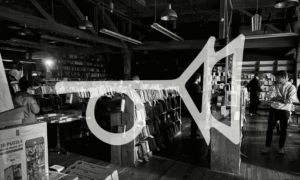
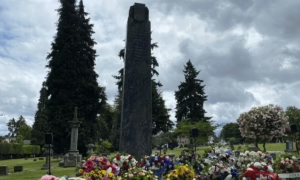



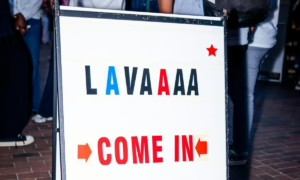

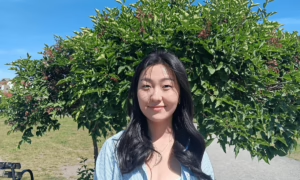

Be First to Comment